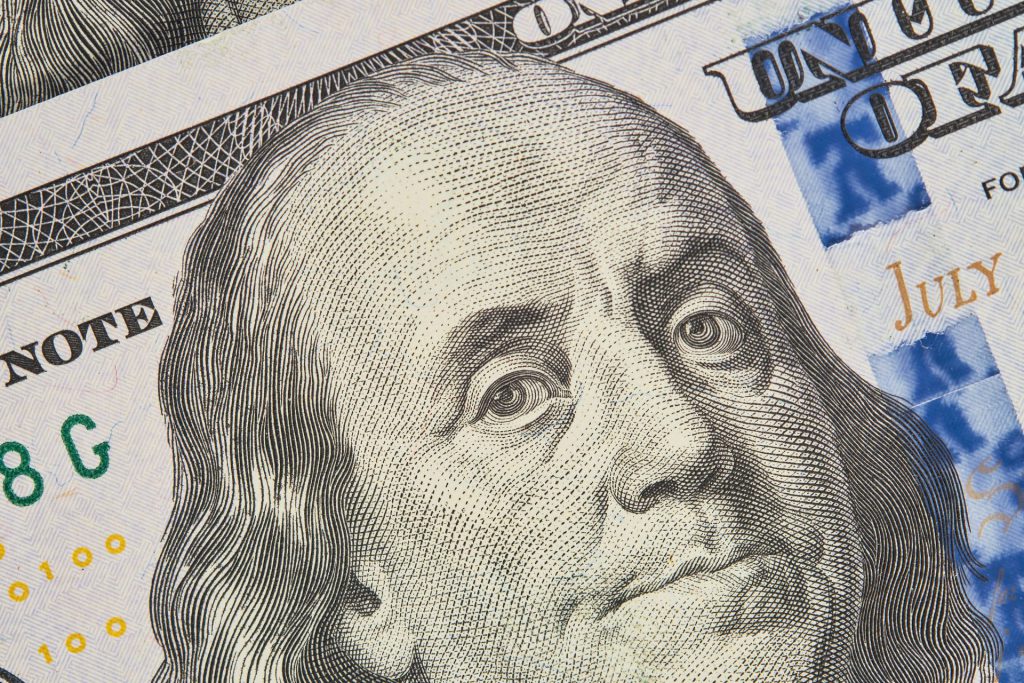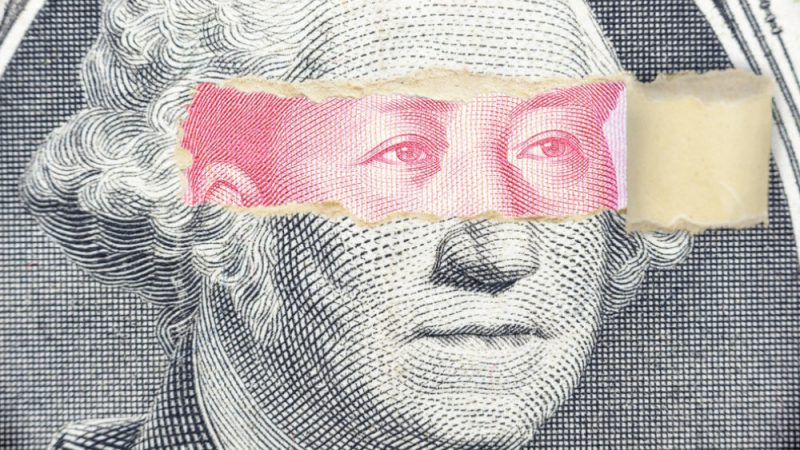The BRICS alliance kick-started the de-dollarization initiative early this year and a handful of countries are considering ditching the US dollar for global trade. While the idea of de-dollarization seemed to be laughable at first, BRICS is making the initiative turn into reality. The bloc not only followed up with the de-dollarization efforts this year, it is also convincing other countries to end reliance on the US dollar.
Also Read: BRICS Currency Is Almost Ready, Confirms Economist
BRICS, ASEAN, and the SCO groups are now seriously considering the de-dollarization initiatives to lift their native economies. A handful of countries in Africa and South America are also on the sidelines and could join the bandwagon soon. If many more countries switch to trading in local currencies, the US dollar will slip into a path of decline.
Read here to know how many sectors in the US will be affected if BRICS stops using the dollar for trade. The move could be disastrous to the US economy and lead to hyperinflation causing job cuts in all sectors. More than four dozen countries are now looking to join BRICS and take part in the de-dollarization efforts.
Also Read: BRICS: Saudi Arabia Lines Up New Trade Deals Beyond Oil
BRICS: De-Dollarization Picks Up Steam


Developing countries are now looking to strengthen their local currencies first by ditching the US dollar for cross-border transactions. The US pressing sanctions on developing countries is what led to BRICS deciding the de-dollarization concept. The US Treasury Secretary Janet Yellen acknowledged that the White House pressing sanctions on other countries may way for de-dollarization.
Also Read: BRICS: India Projected to Outperform 2 G7 Countries by 2030
“De-dollarization is said to be a kind of objective of different organizations or certain countries. However, this is not so. This is not the objective. This is simply the reality. The dollar in our days is a very troubled currency. This is not my political point of view. This is an objective economic fact,” said Russian Foreign Ministry spokeswoman Maria Zakharova.





